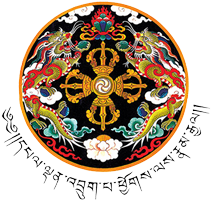Dzongkhag Engineering Sector
The Administration of Mongar Dzongkhag ensures effective governance, public service delivery, and coordination among sectors, guided by national policies. It promotes transparency, accountability, and citizen-centric service to foster sustainable development and improve the well-being of all residents across the Dzongkhag.
Background
Since the time planned economic development started in 1960 and following the subsequent Five Year Plans, infrastructure development involving construction of buildings, roads, bridges, water supply and irrigation canals etc., has formed the major capital investment of the government. In more than four decades of planned economic development, the country has established many basic infrastructure facilities both in the growing urban towns as well as in the rural areas including the remotely located villages. The country, in further advancing to economic growth and attempting to strike a balance with traditional values of religion, culture and environment, there is a growing need for more and better infrastructure facilities.
As much as the growth and changes have taken place in the provision of the infrastructure facilities, so has the organization that has been vested with this responsibility. The first organization formed in 1961 to look after the construction was called Bhutan Engineering Services, which in 1966 was renamed the Public Works Department (PWD). The public works Department, initially under the Ministry of Development and later under Ministry of Social Services was the main builder of infrastructure pertaining to both rural and urban settlements. Later, under the Ministry of Communications, the Department of Roads and the Department of Urban Development and Housing are the two main technical Departments. Although confronted by many new challenges brought by the increasing demand from sectors like Education, Health, Urbanization pressure and the Private Sector, growth has been achieved in establishing the basic infrastructure facilities.
During the re-structuring of the Royal Government, on ” Enhancing Good Governance – Promoting Efficiency, Transparency and Accountability” in 1999, a number of recommendations emerged. One recommendation was to restructure the Ministry of Communications and a new Ministry for Construction later named as Ministry of Works & Human Settlement be established. Accordingly, the Ministry of Works and Human Settlement was established in 2003.Today, the ministry has three departments, Departments of Roads, Department of Engineering Services and Department of Human Settlement functioning under the ministry.
Vision
Mission
Core Mandate
Core Values
- Integrity
- Team work
- Environment friendliness
- Excellence
Downloads
Staff

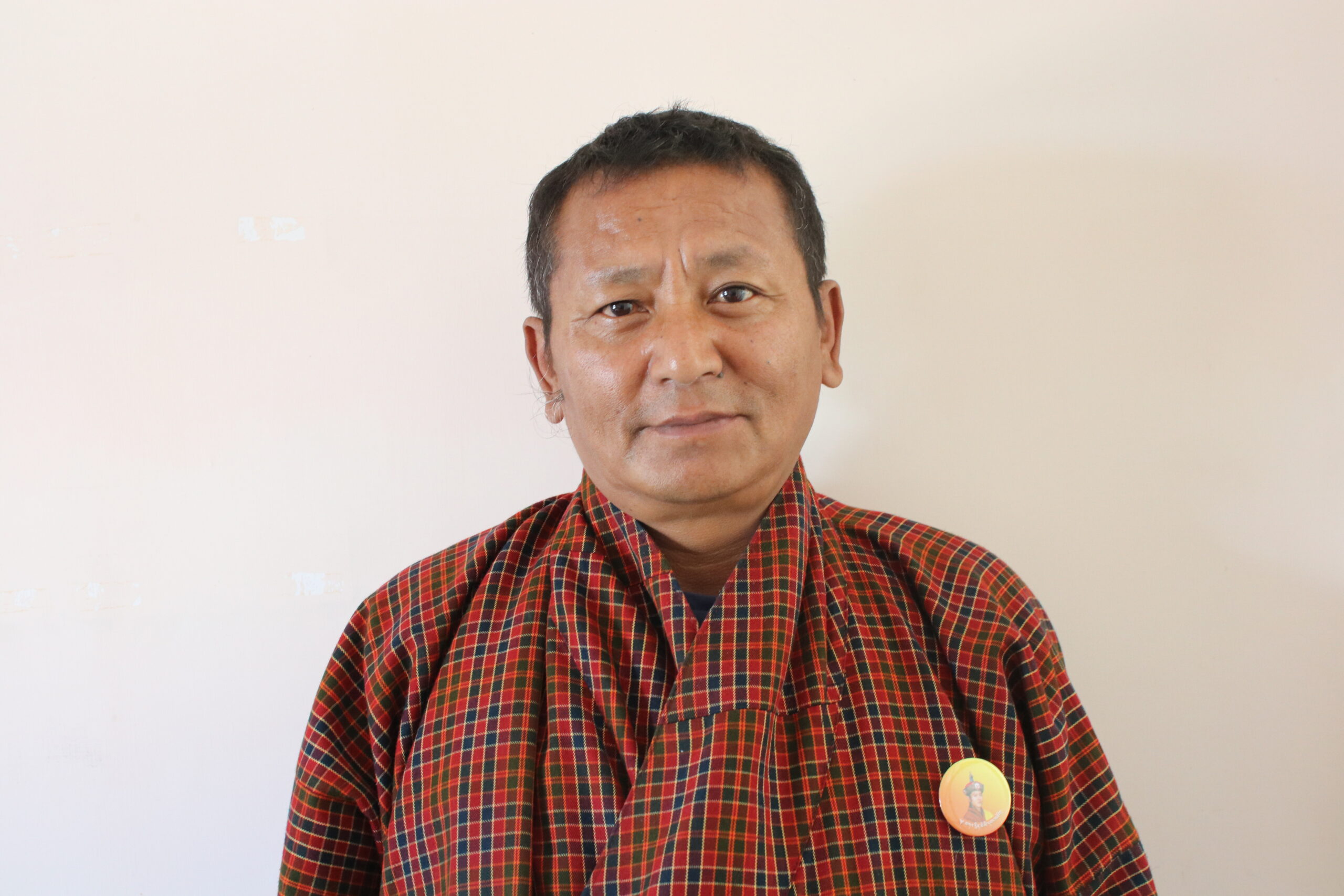
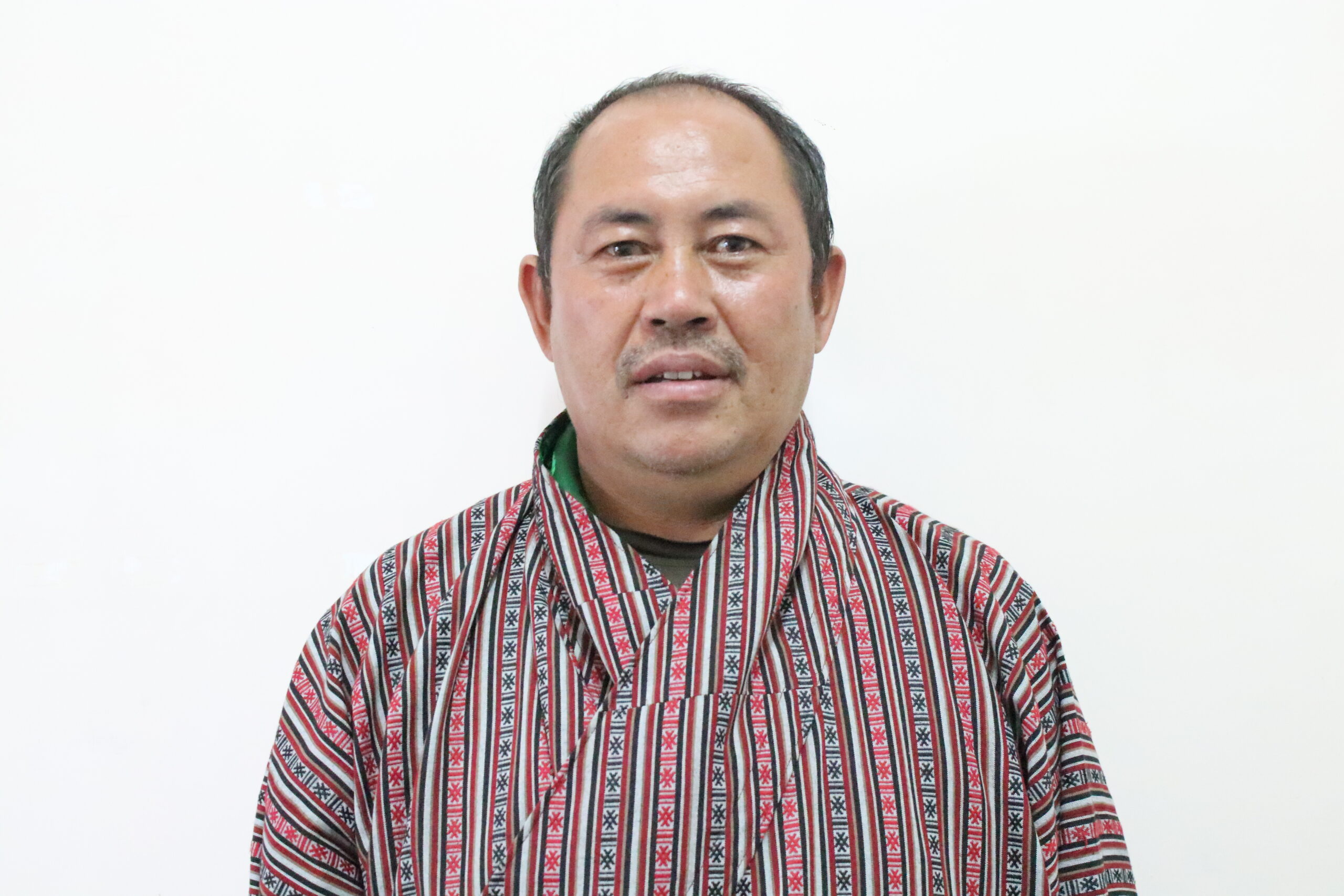
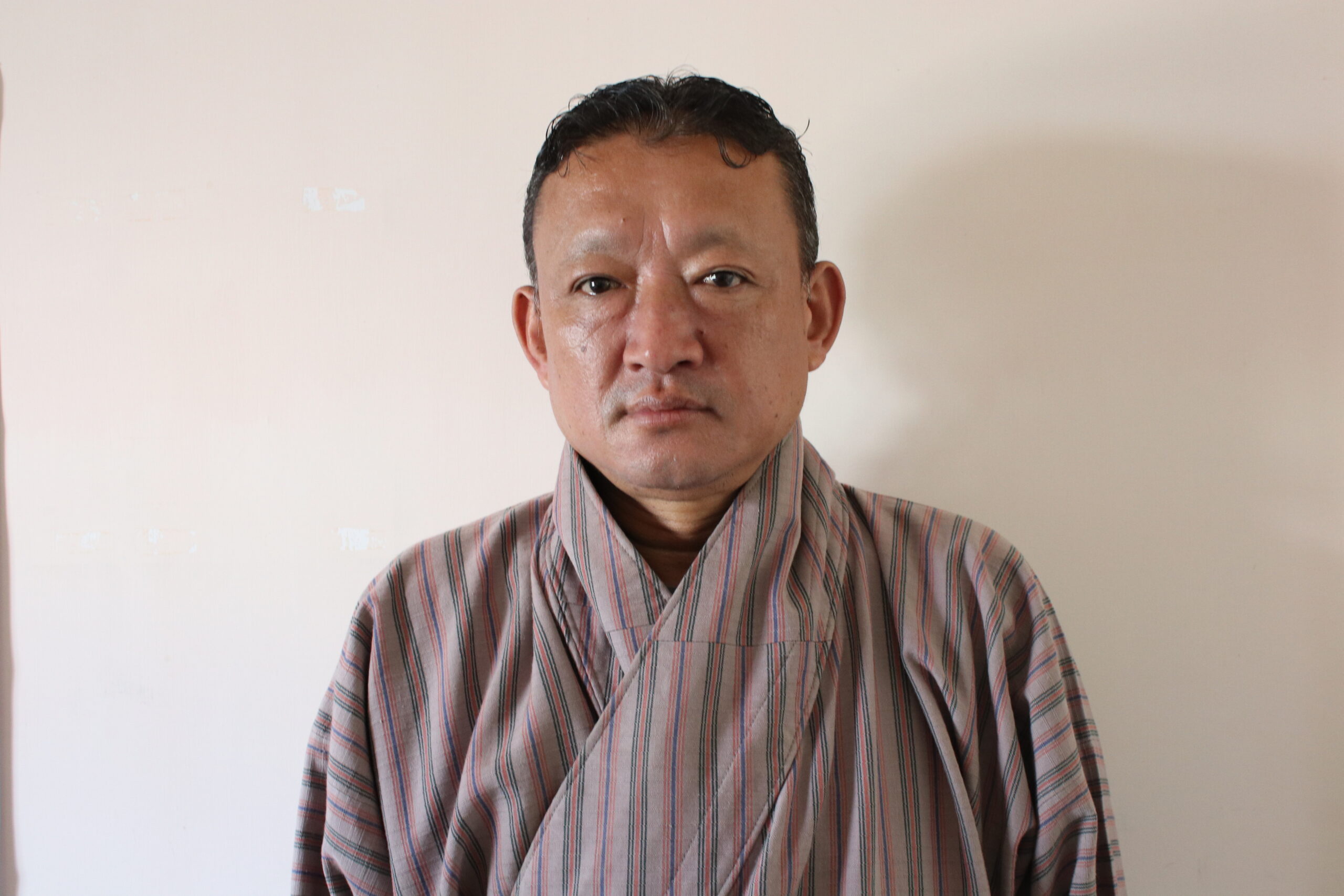
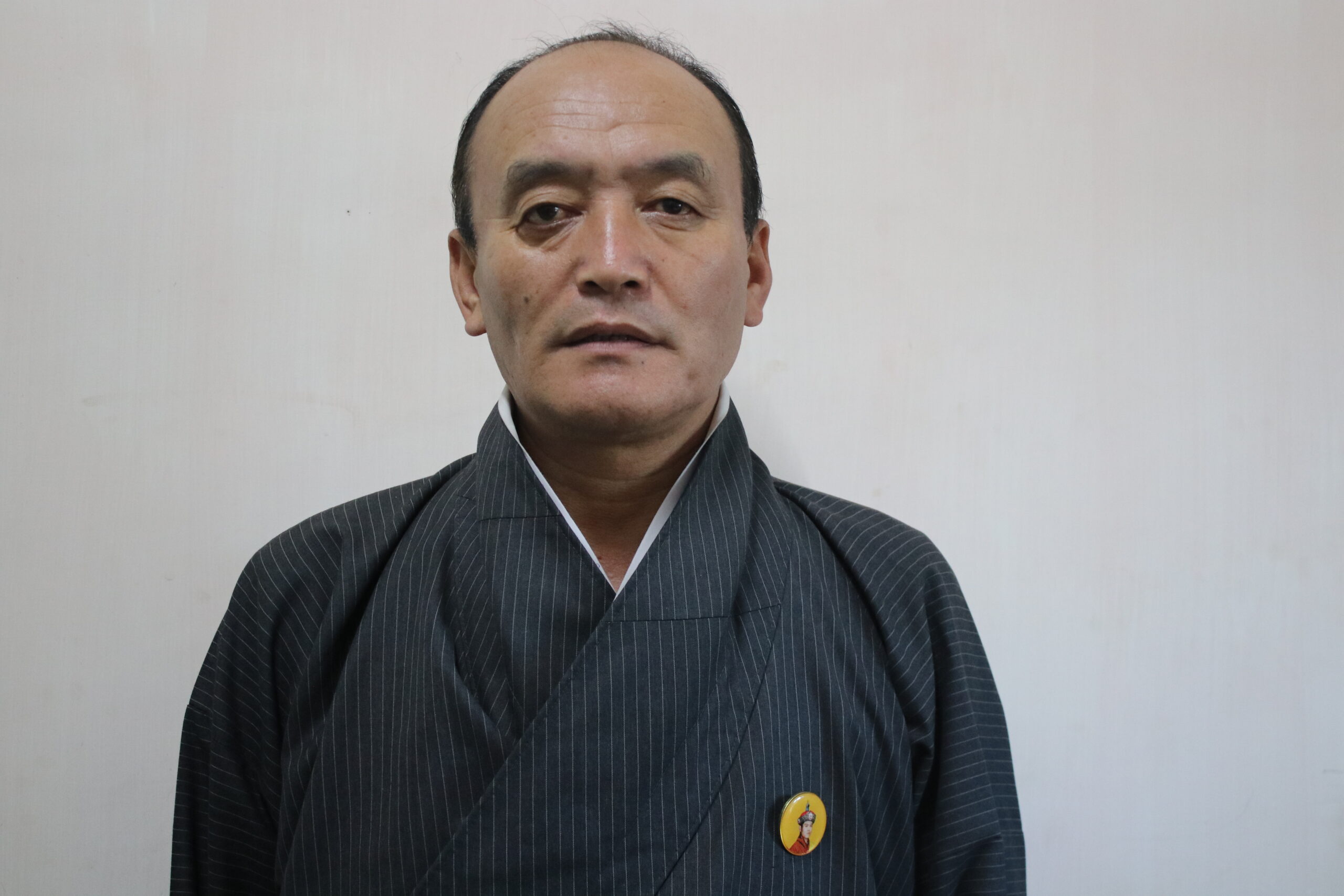
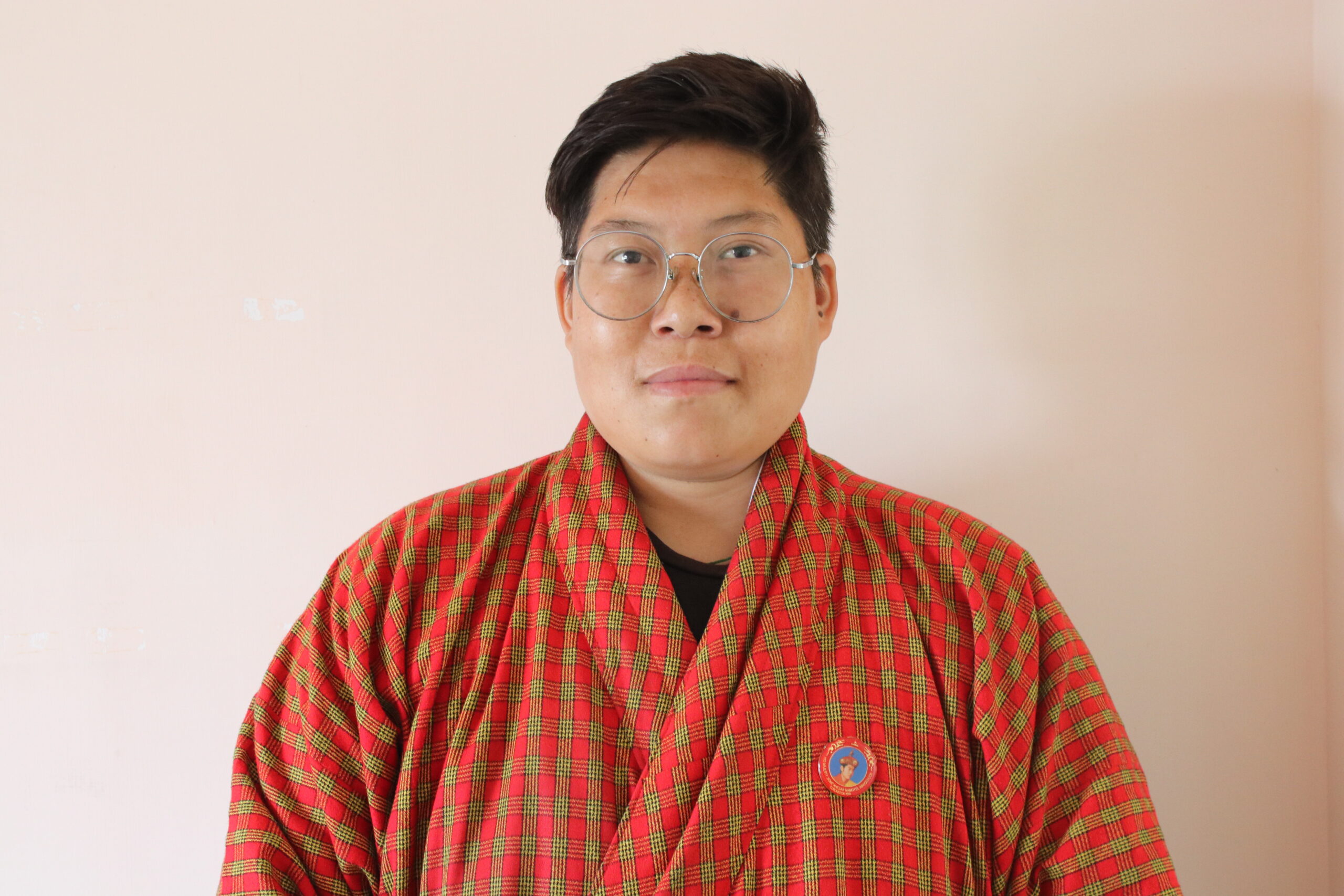
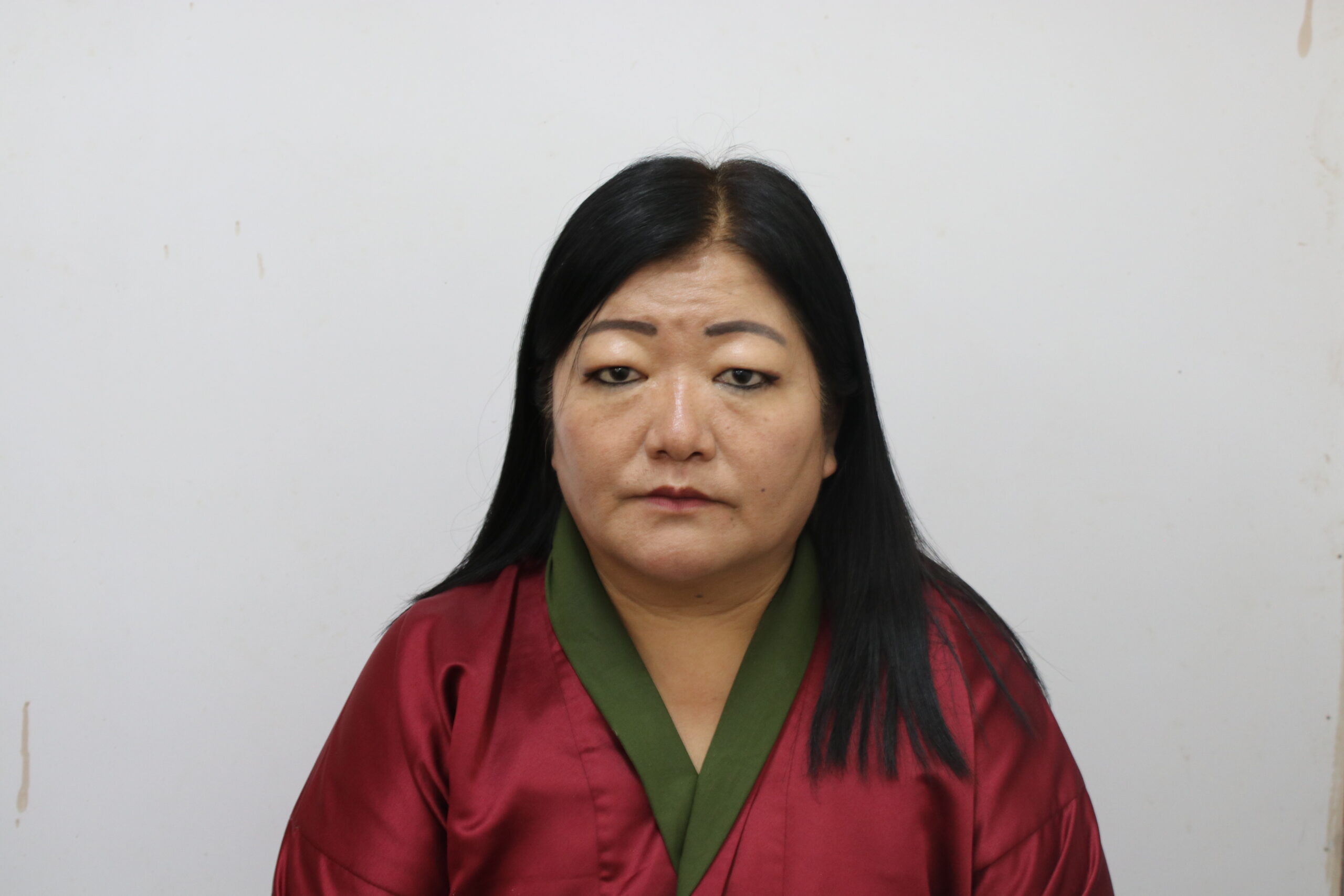
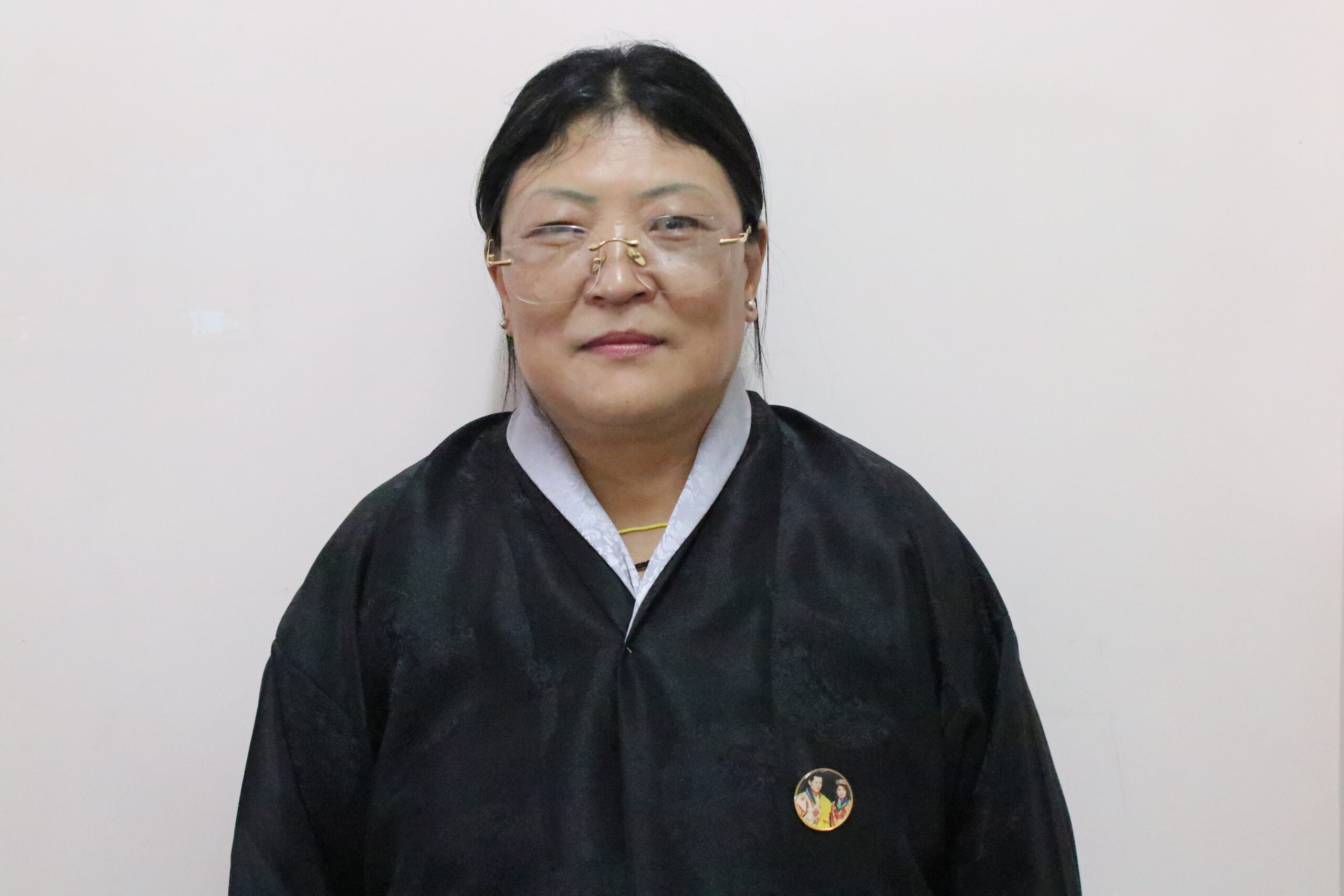

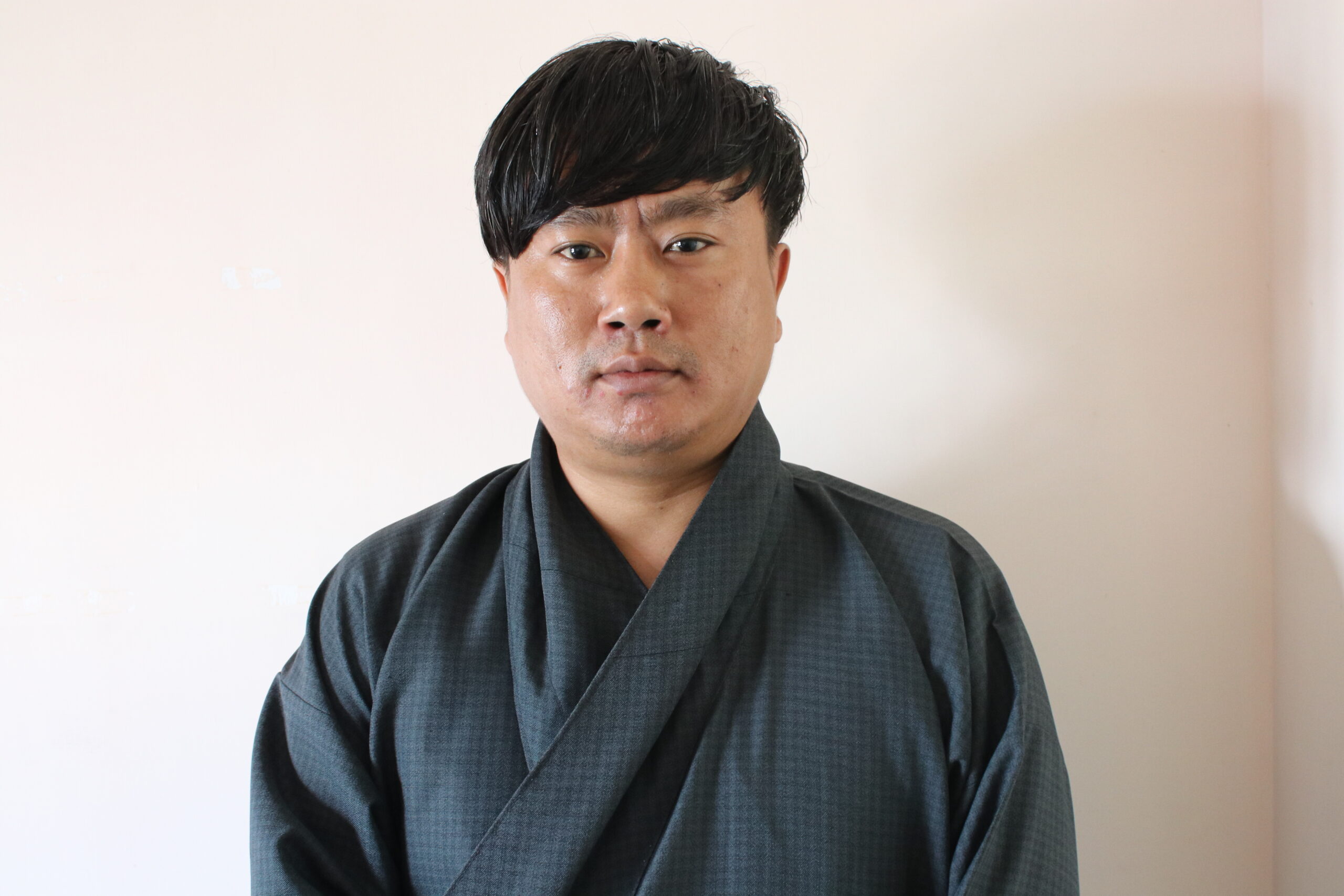
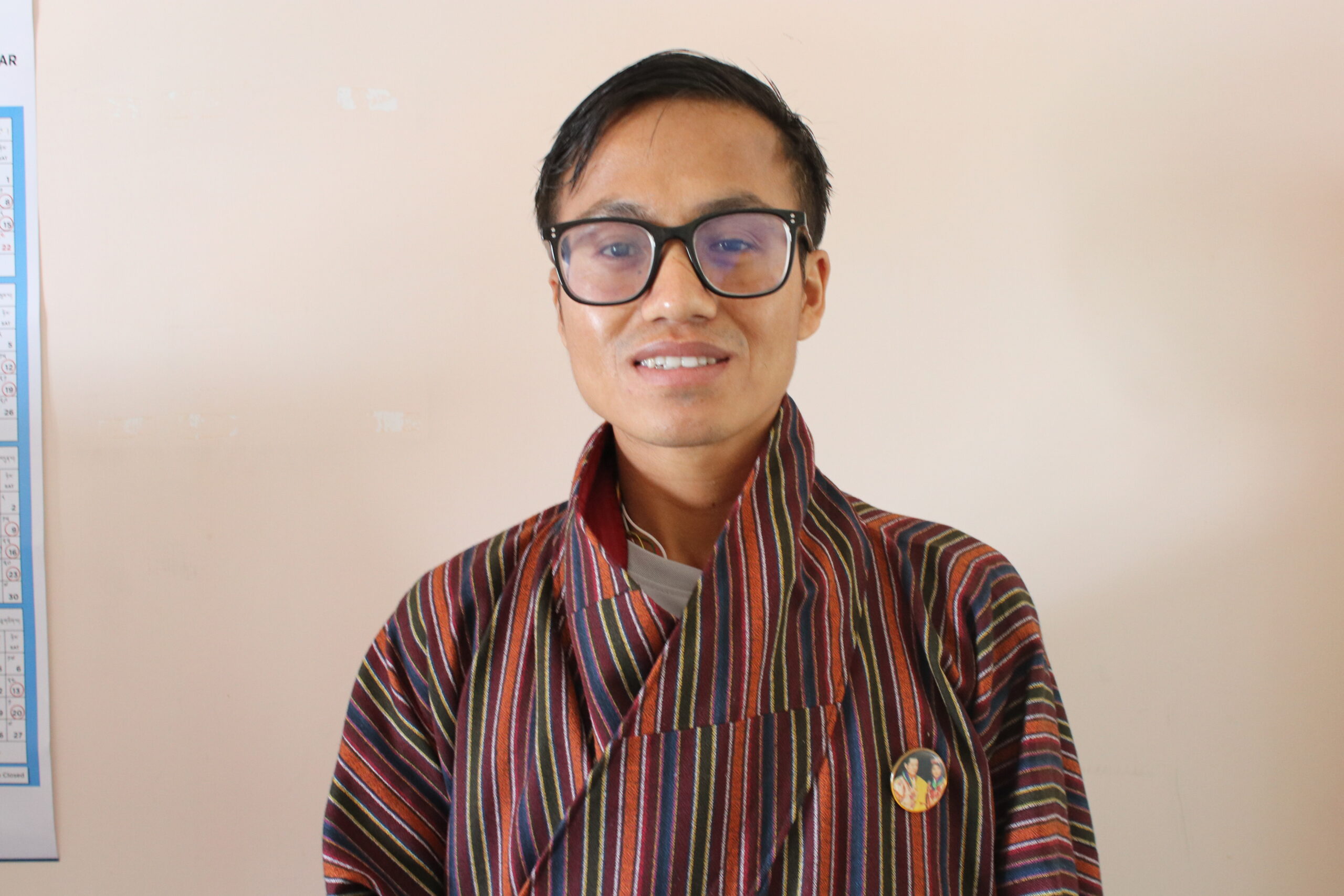
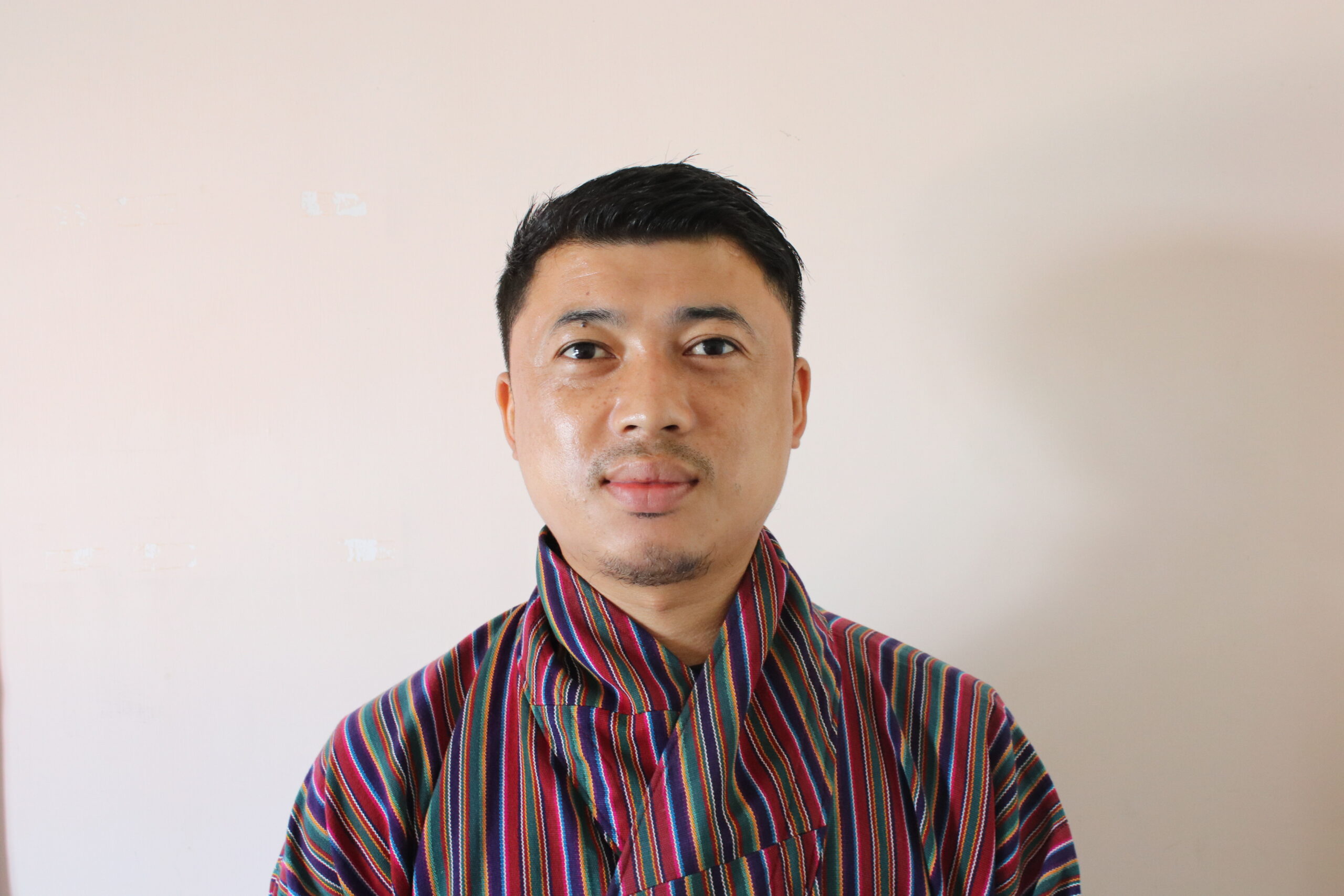
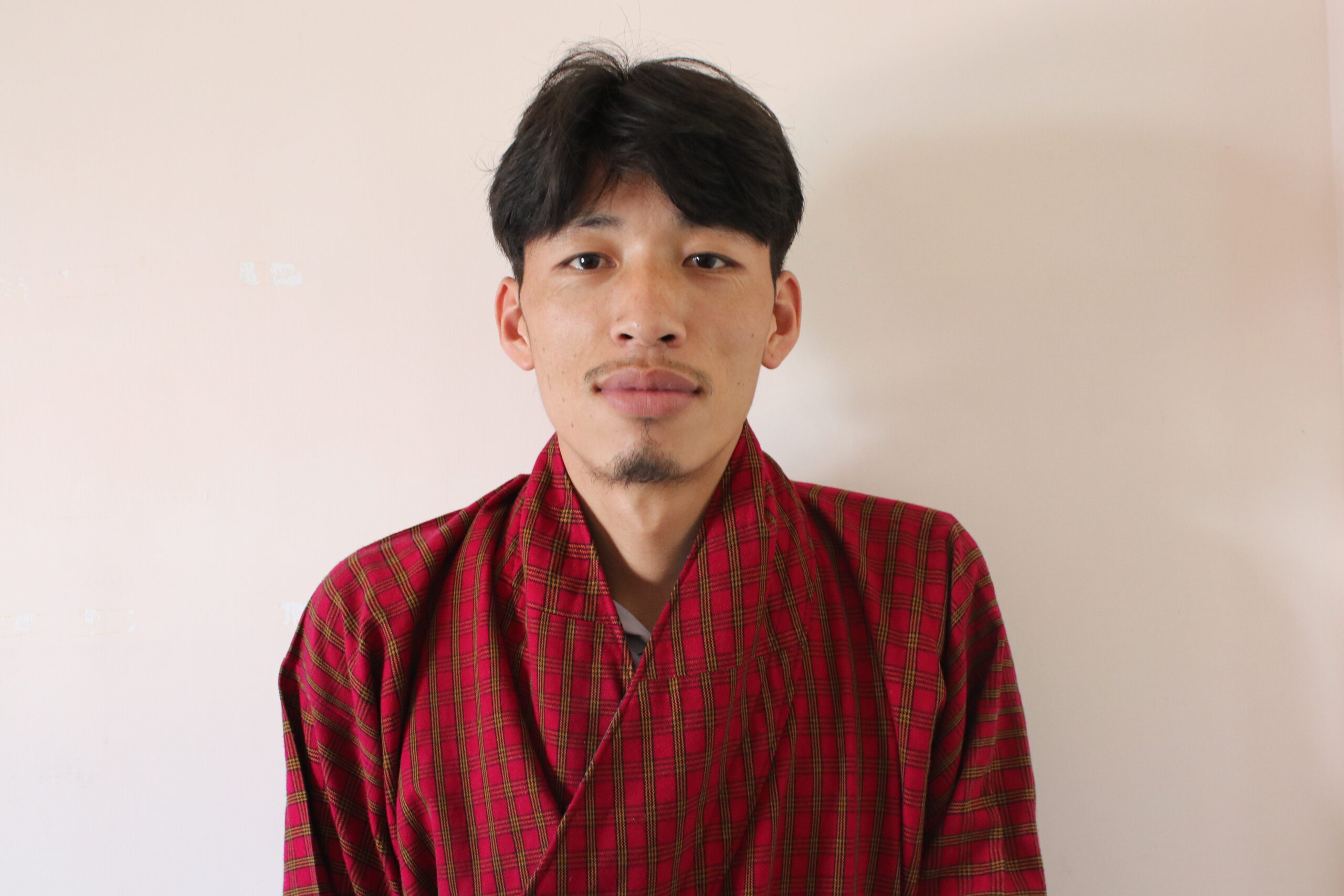
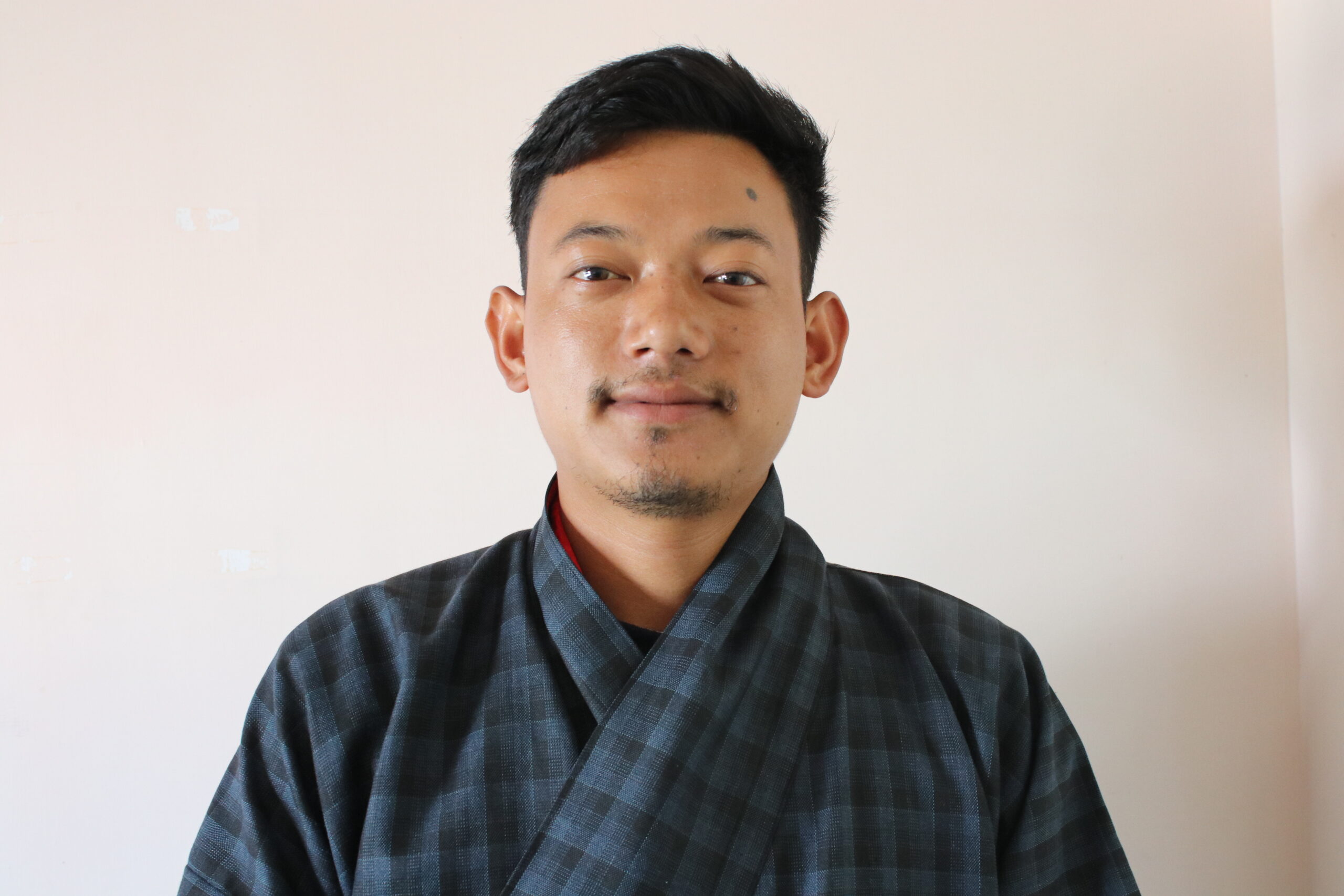
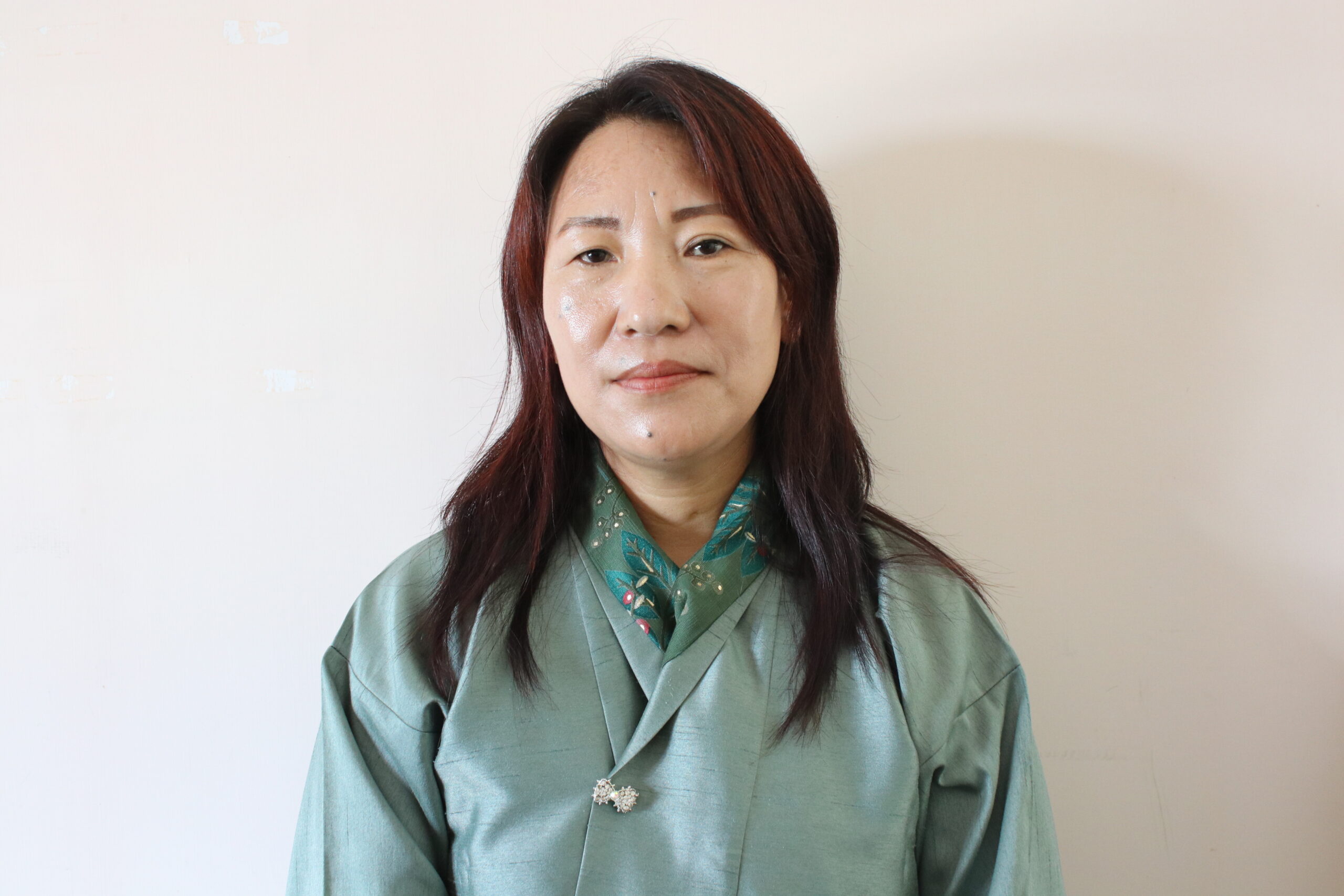
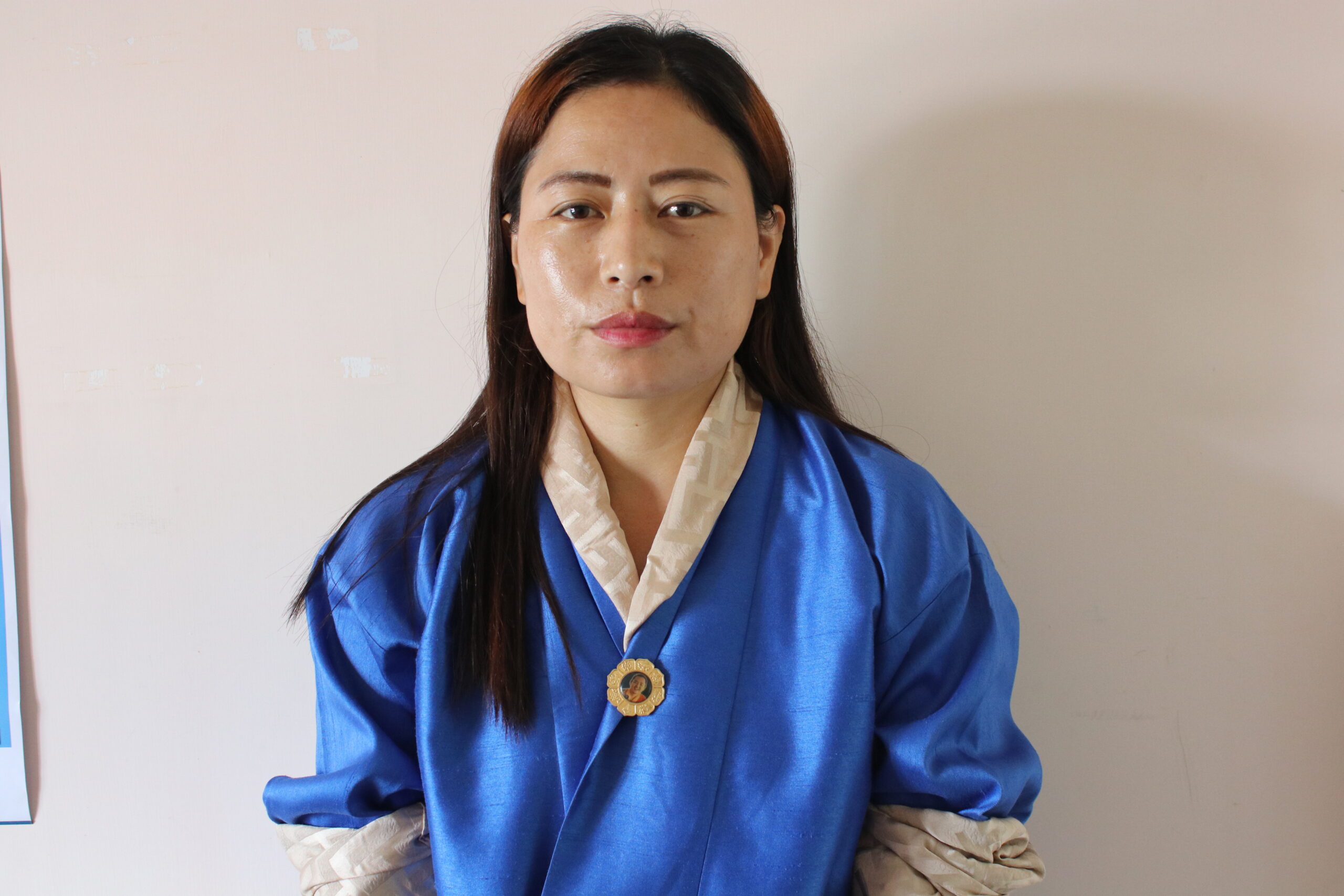
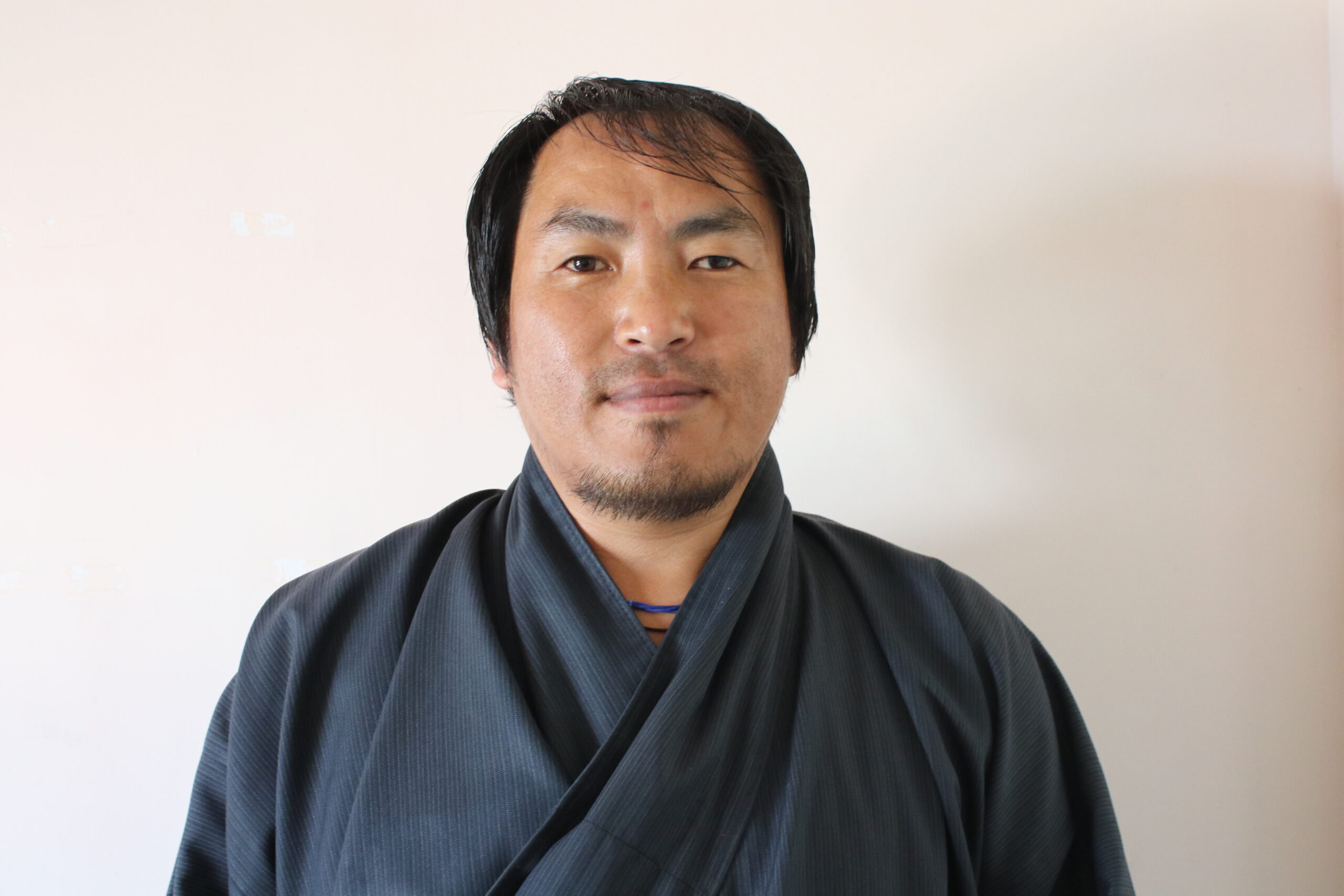
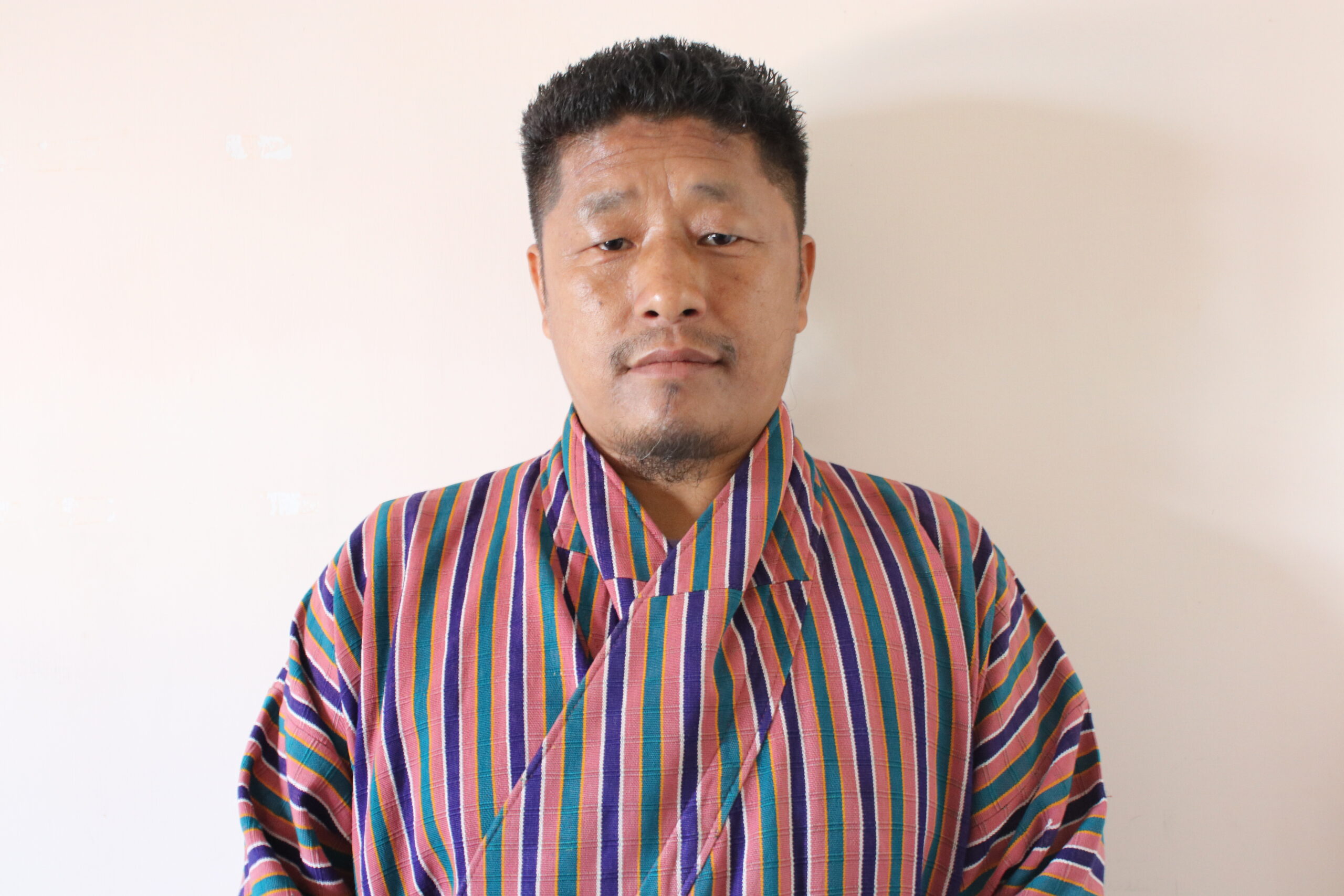
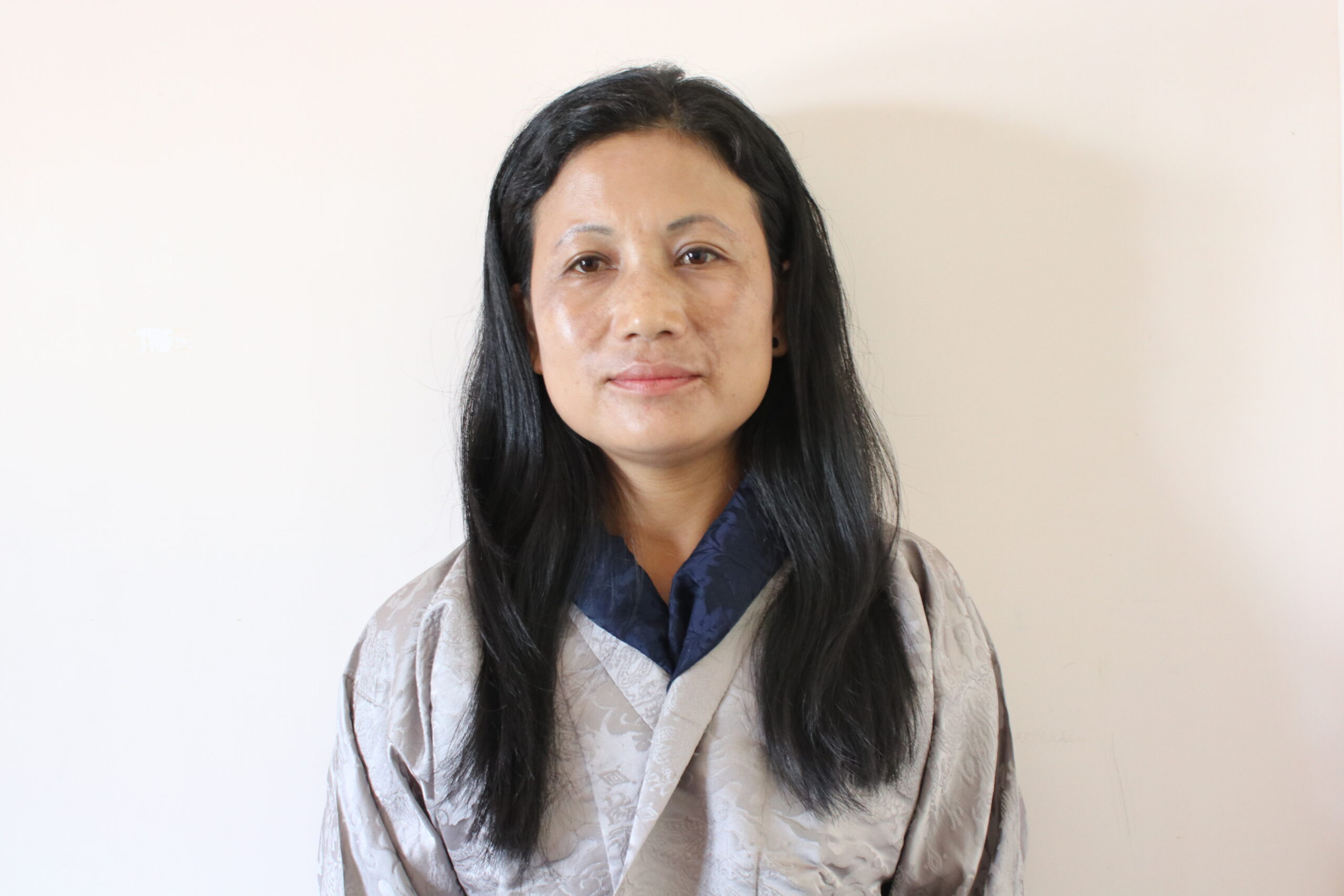
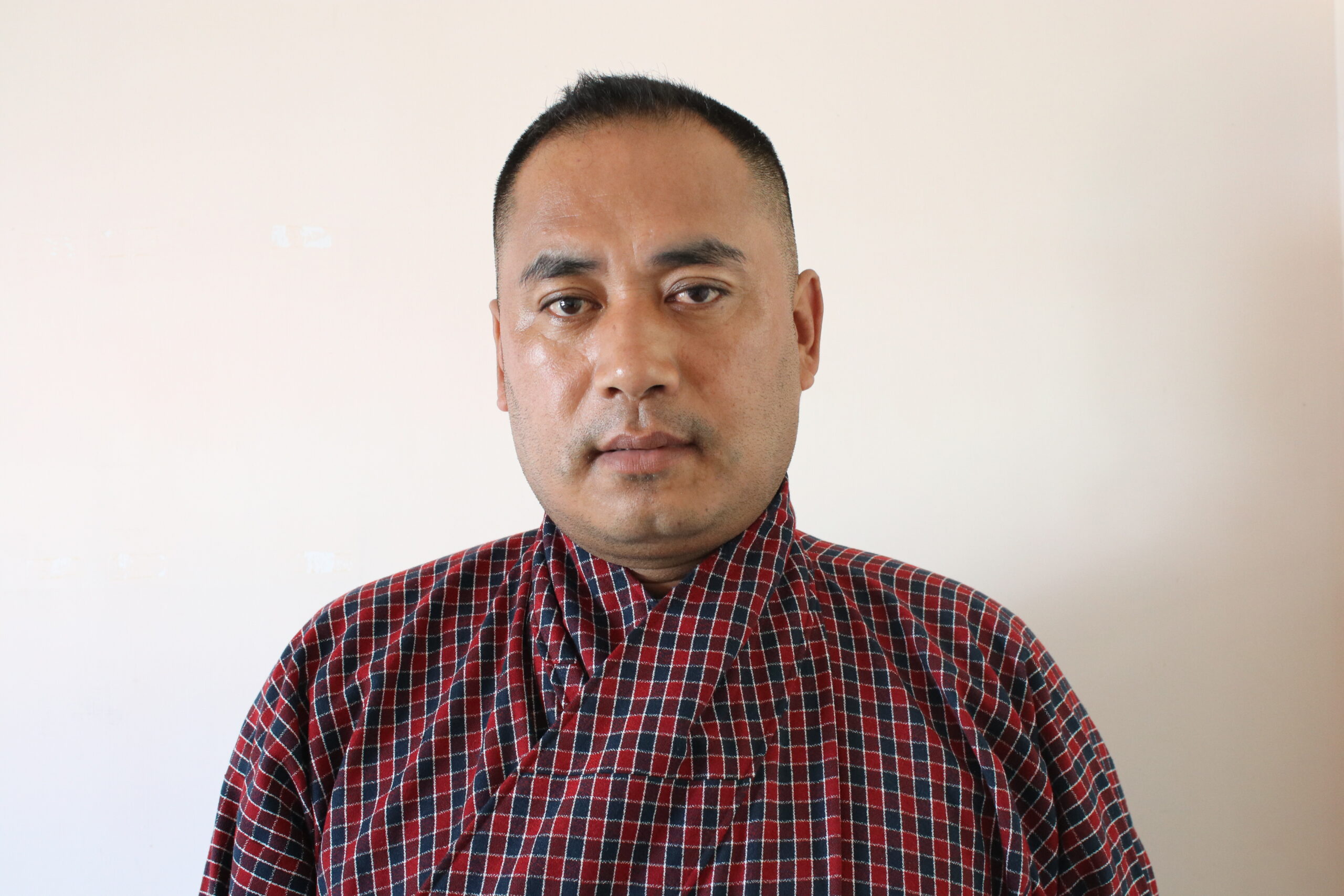
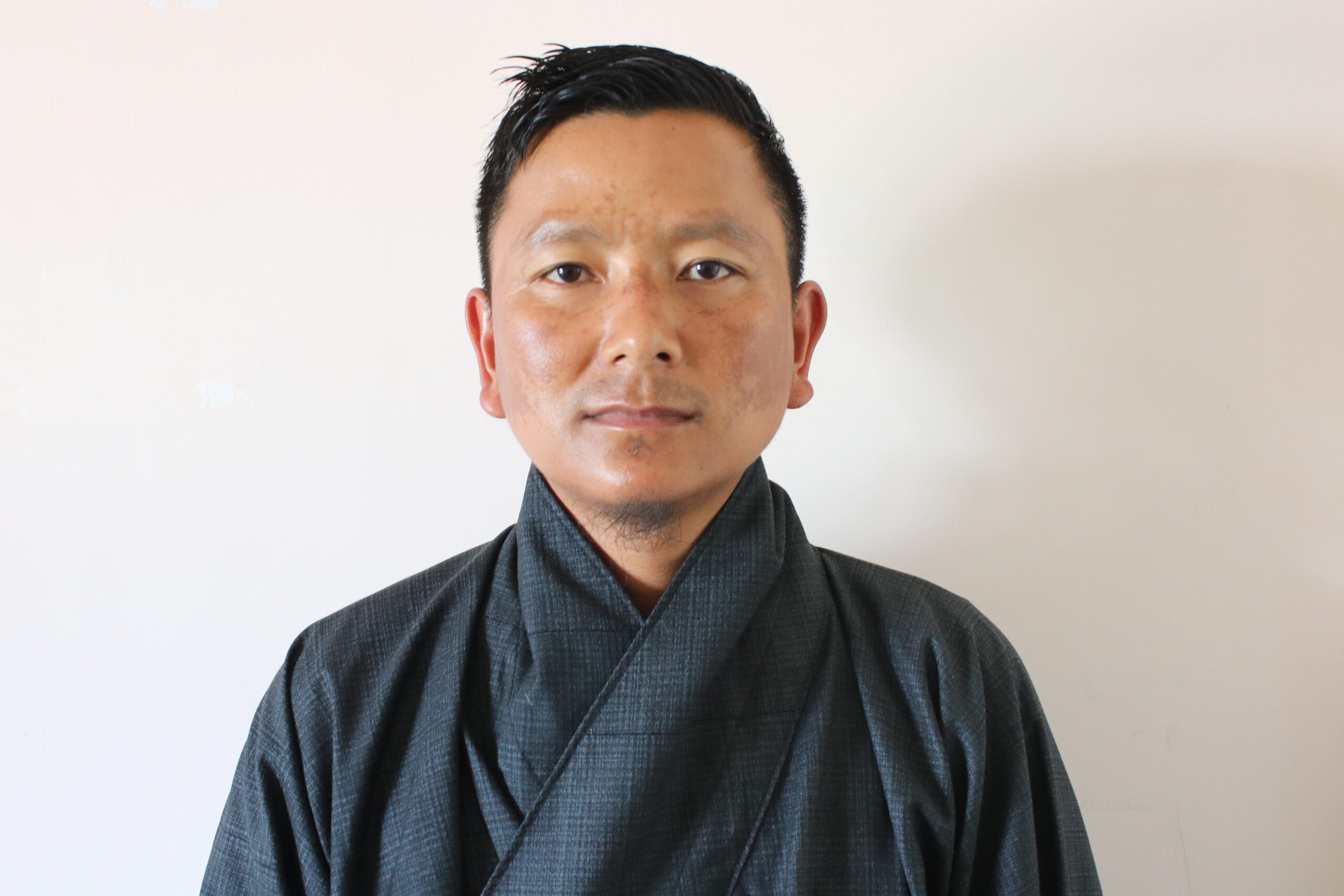
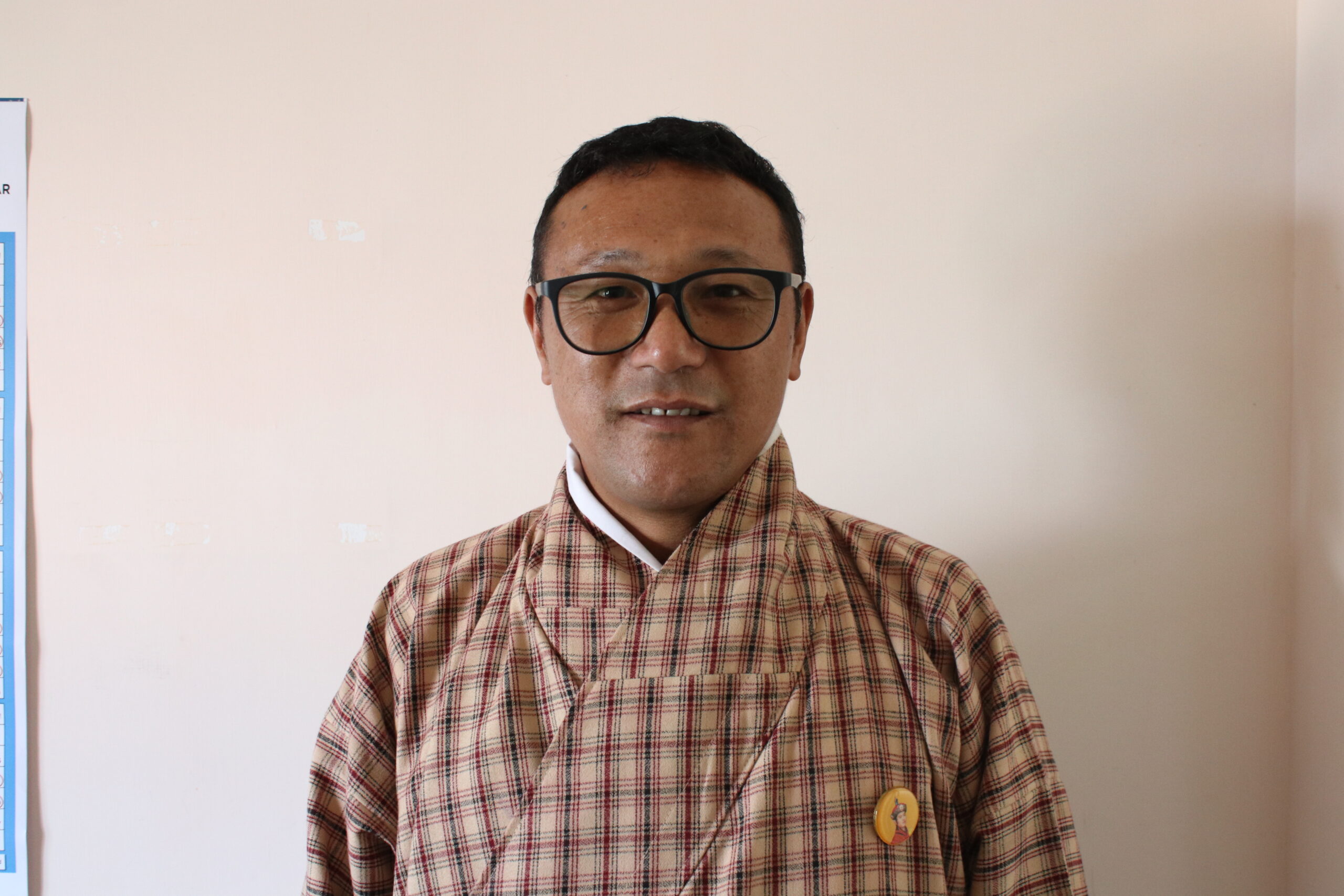
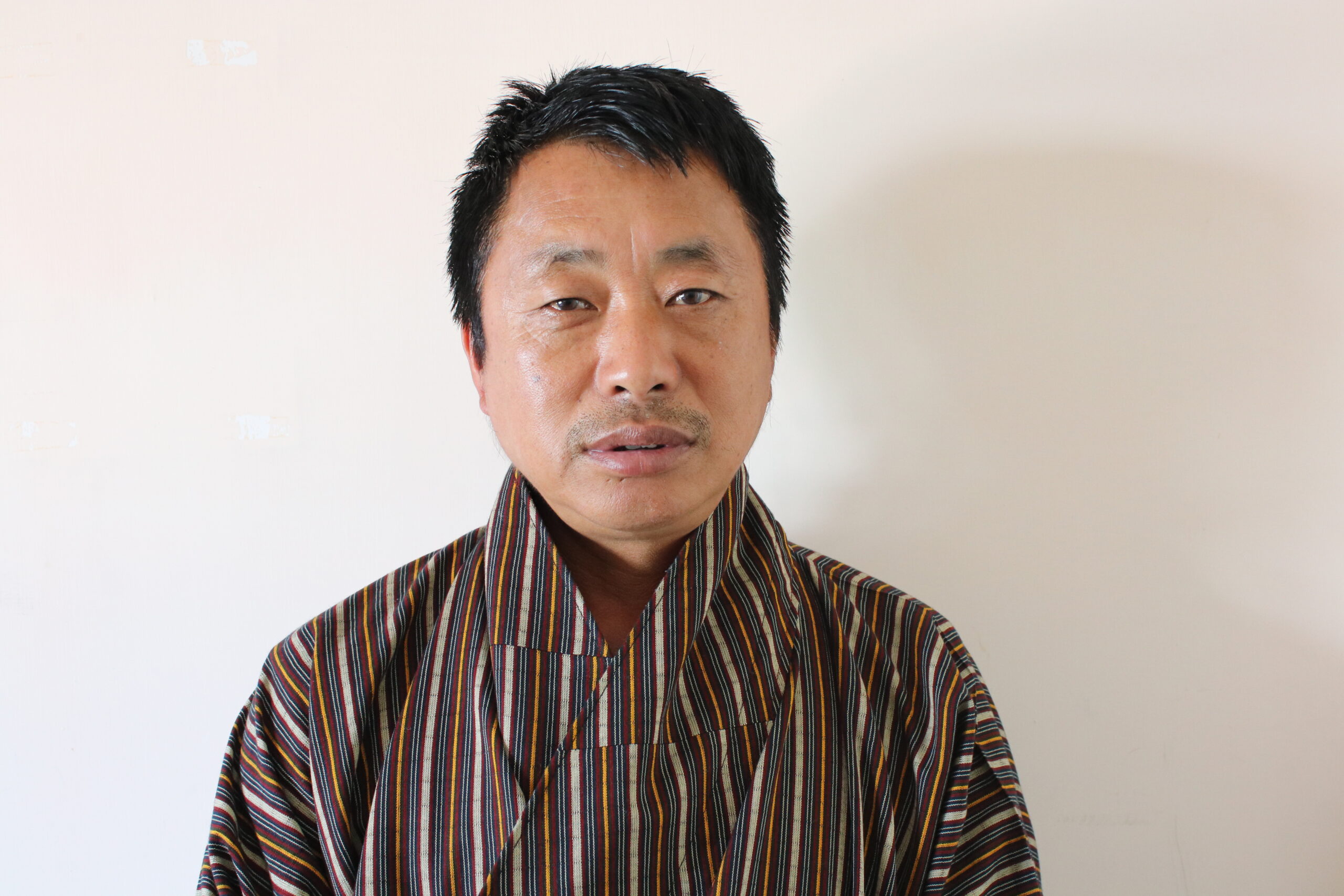
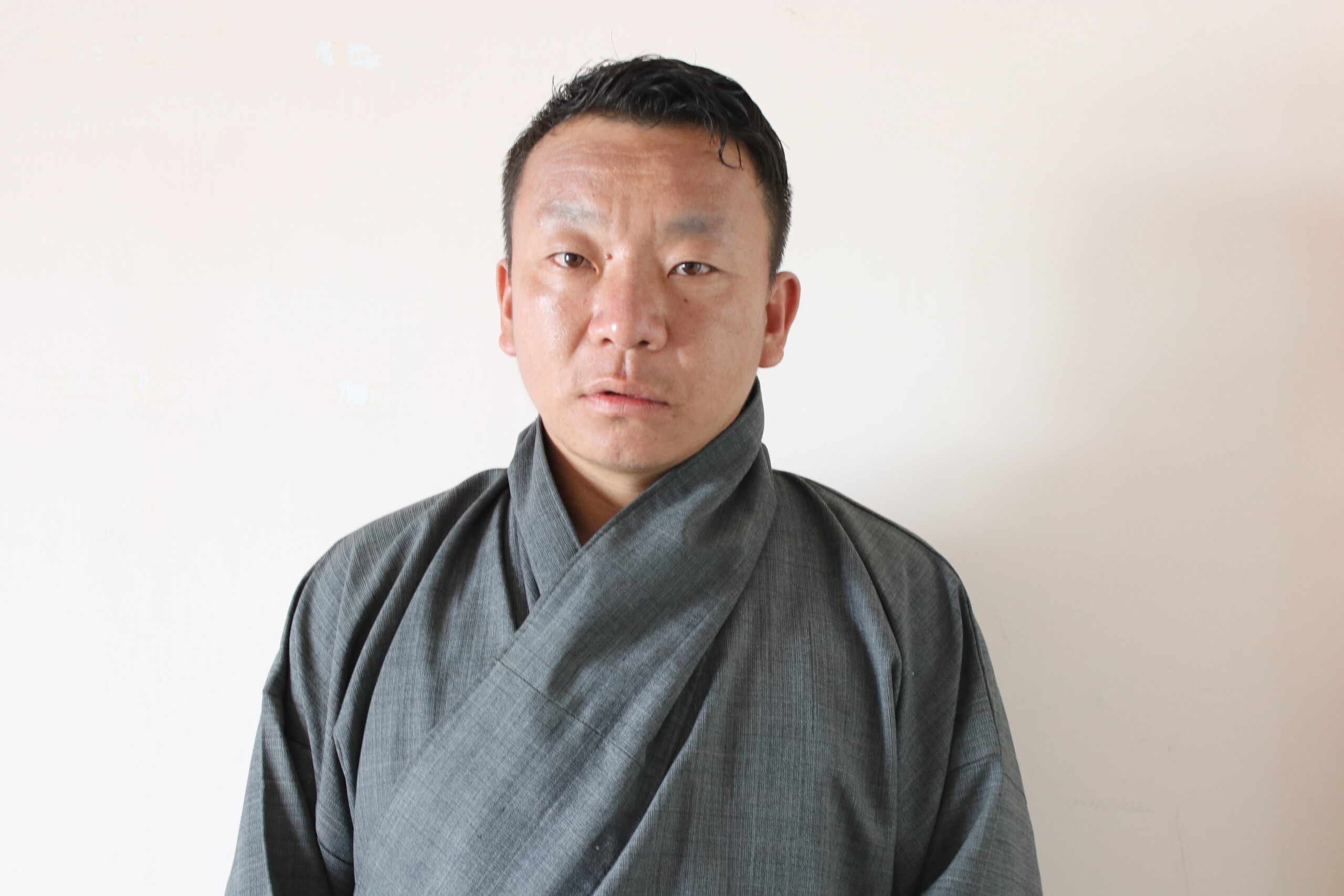
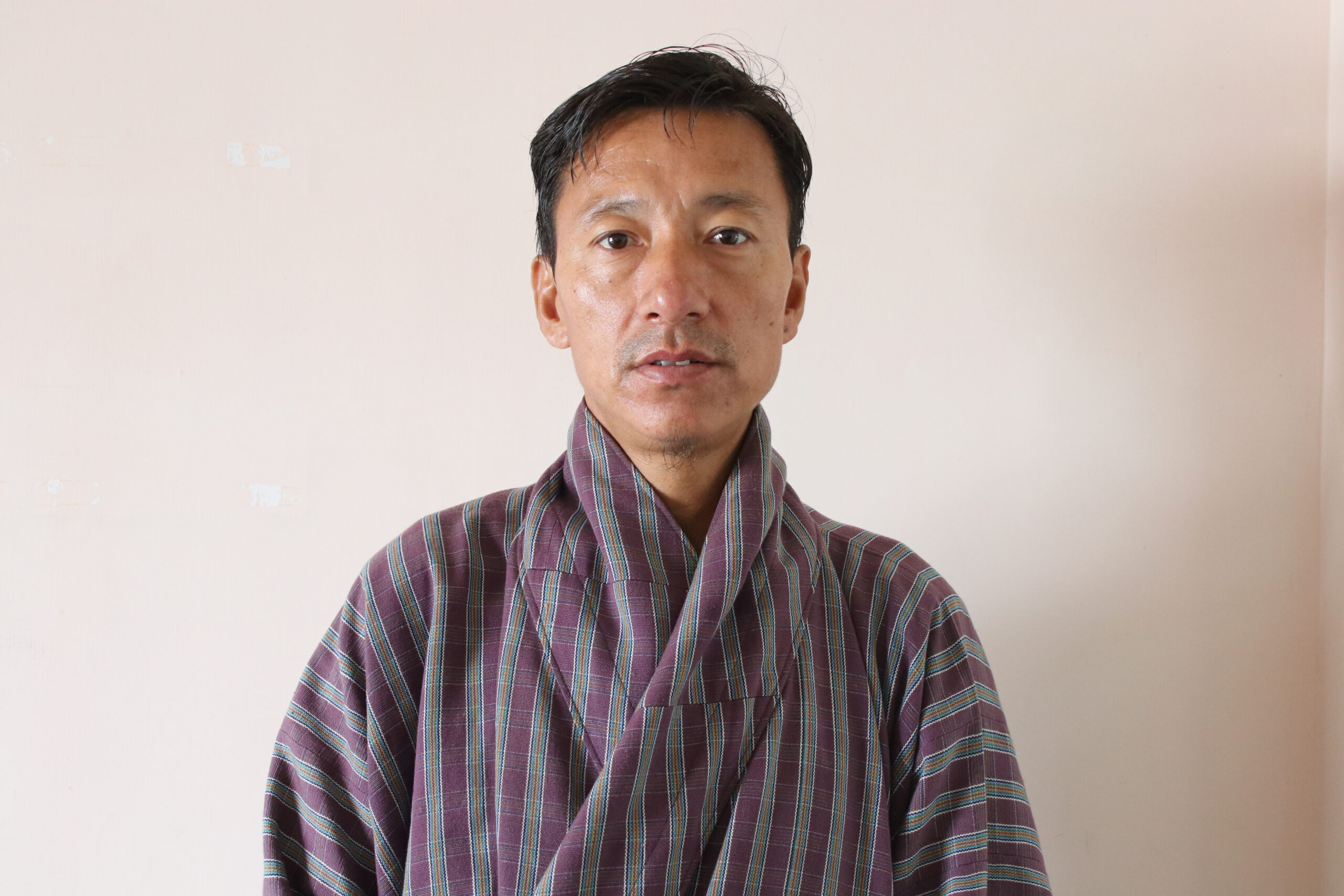
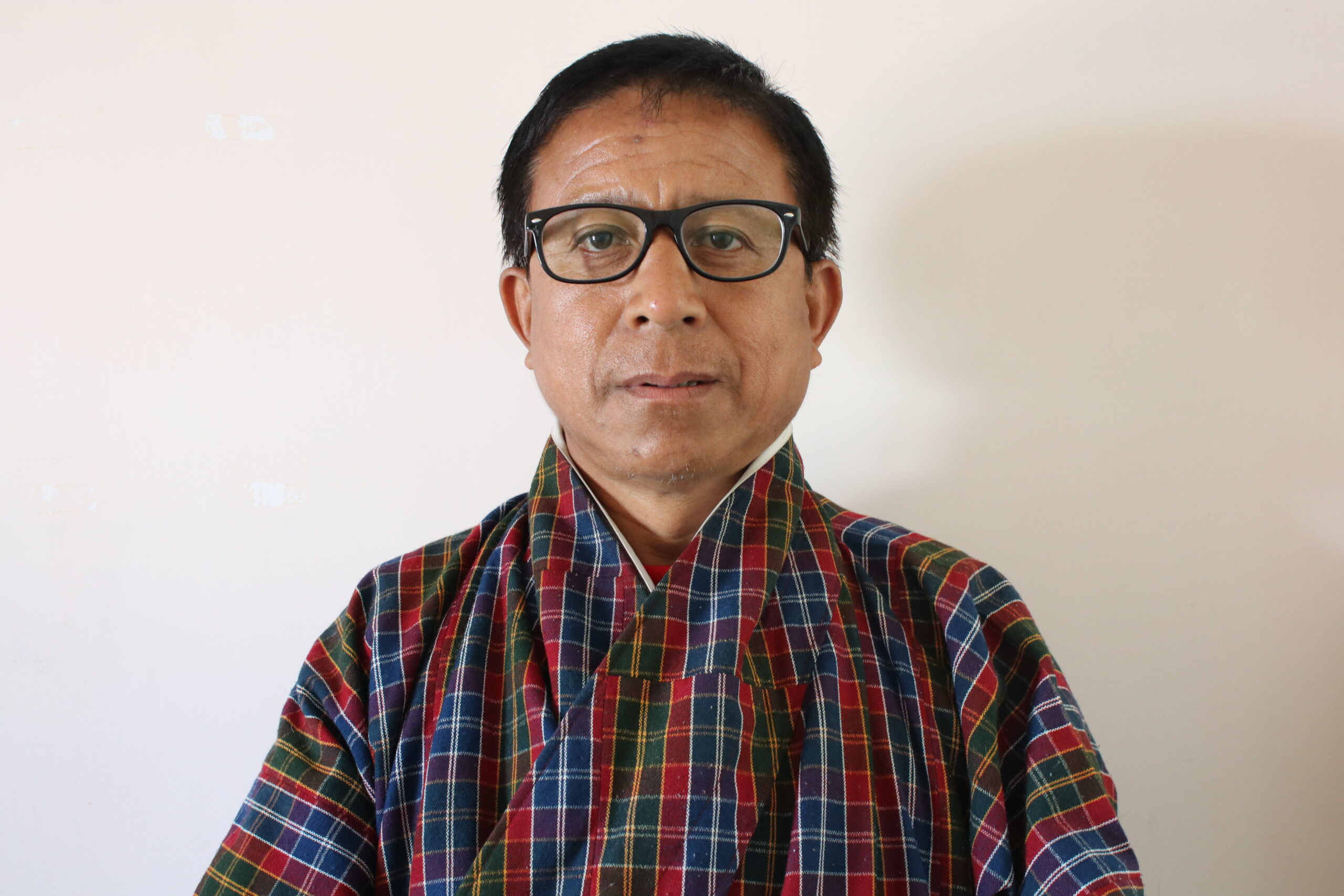
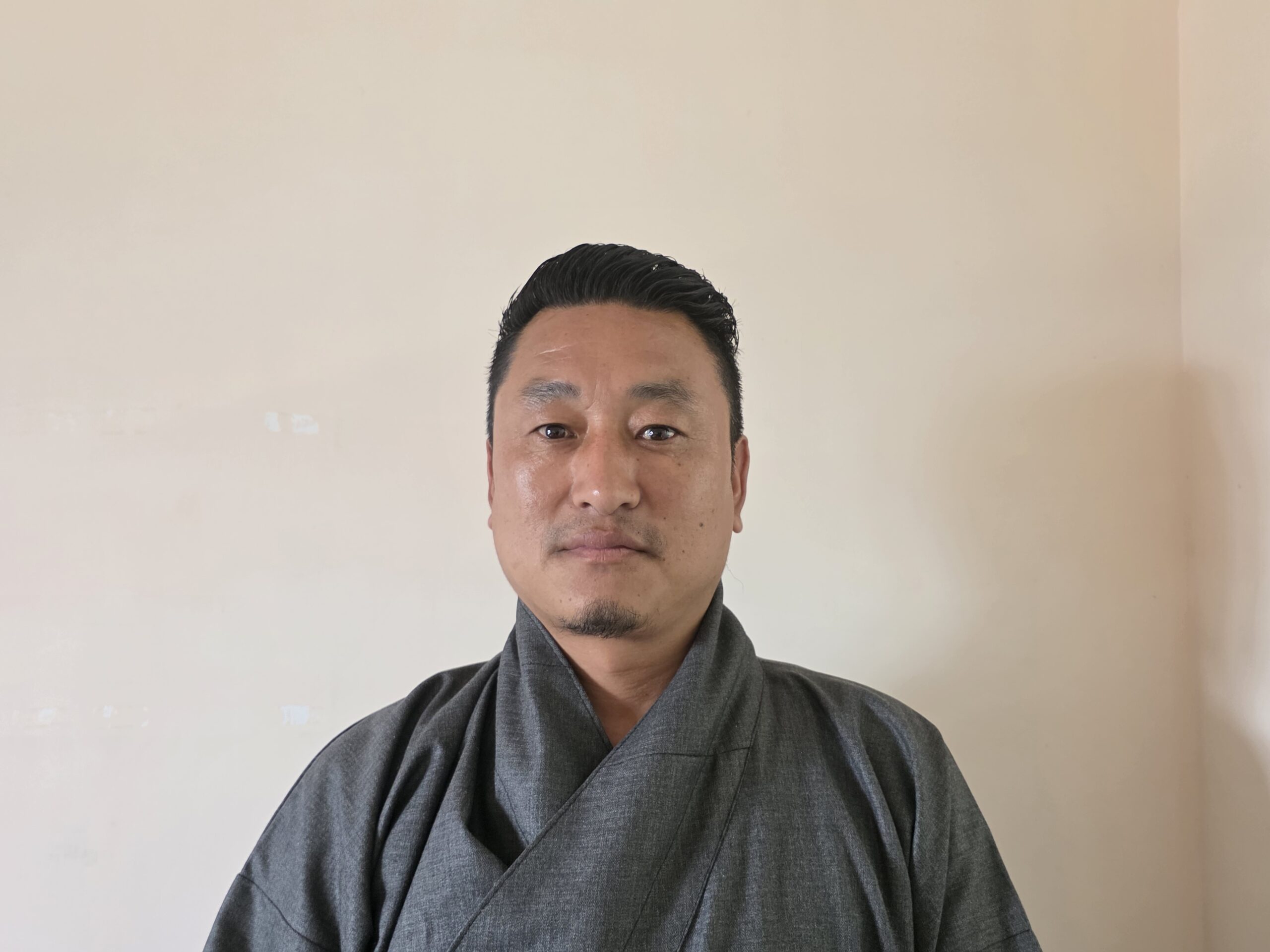
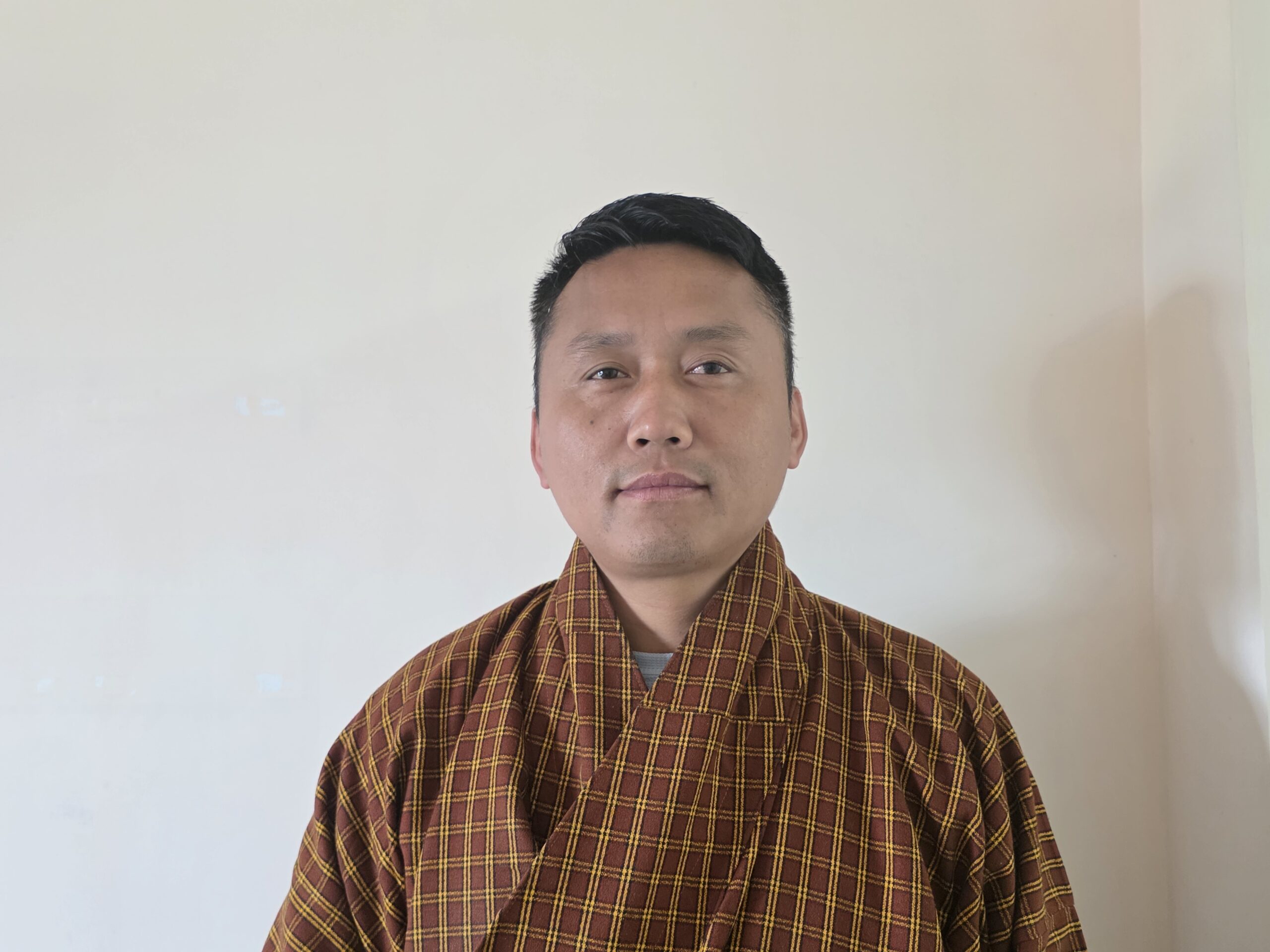
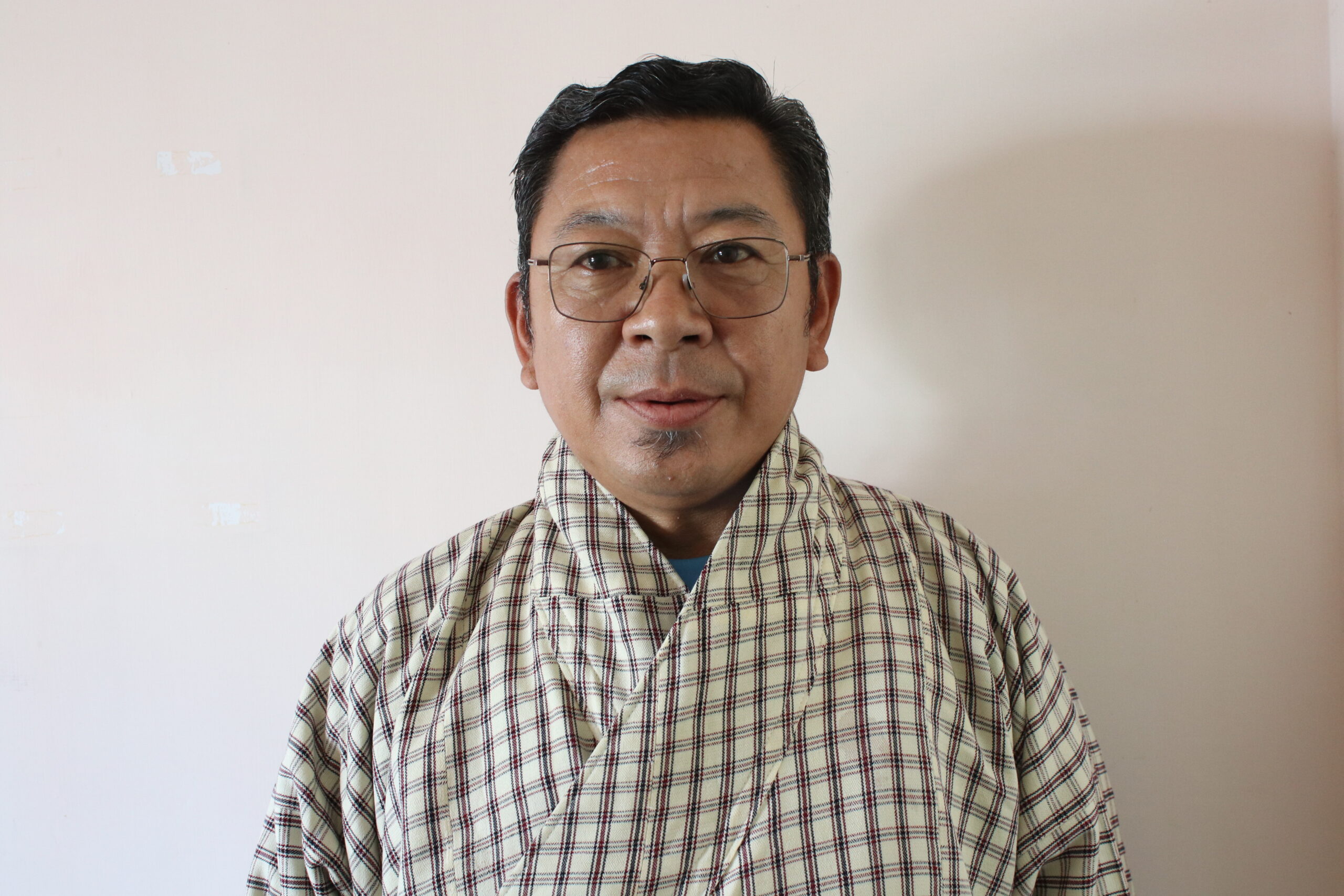
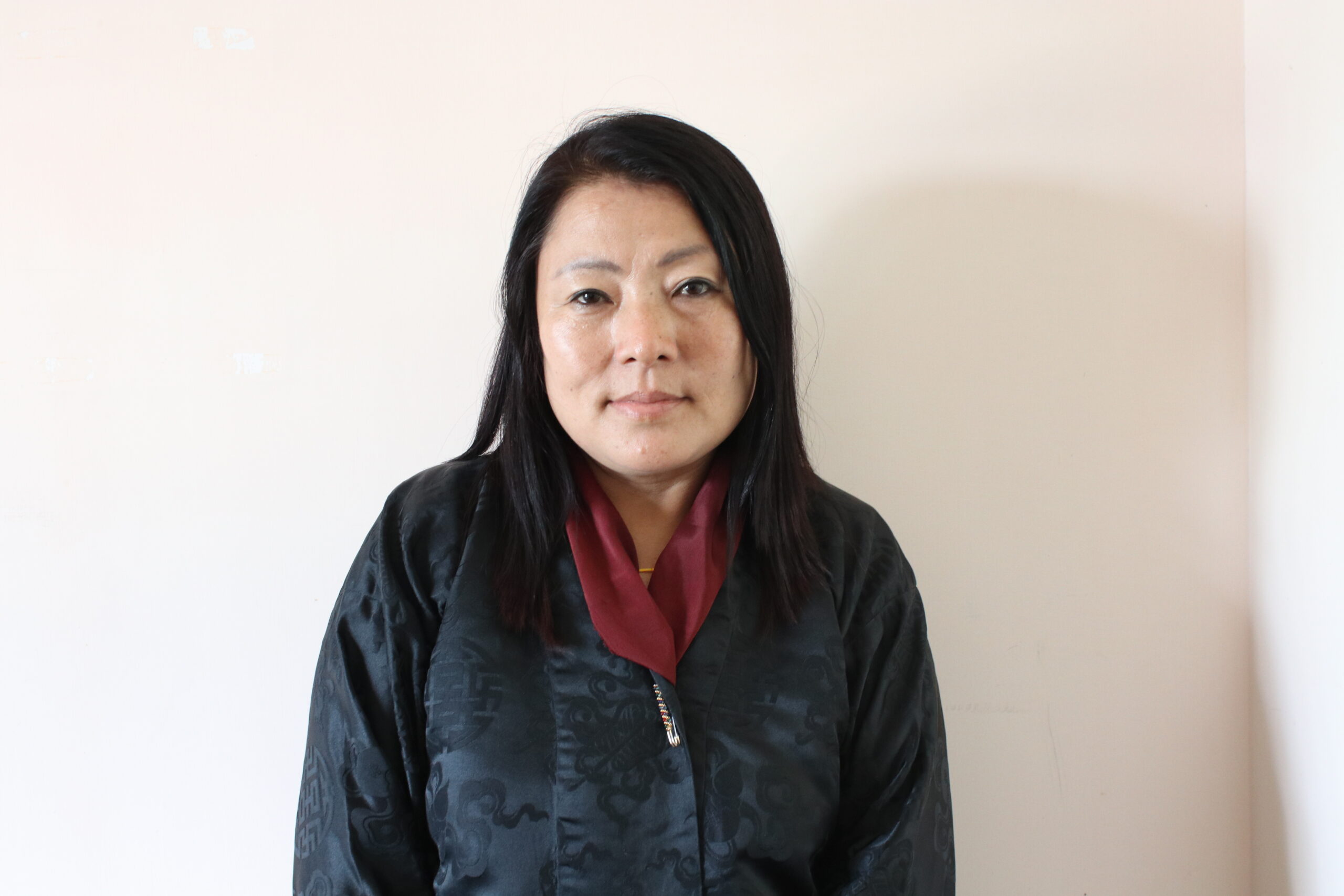
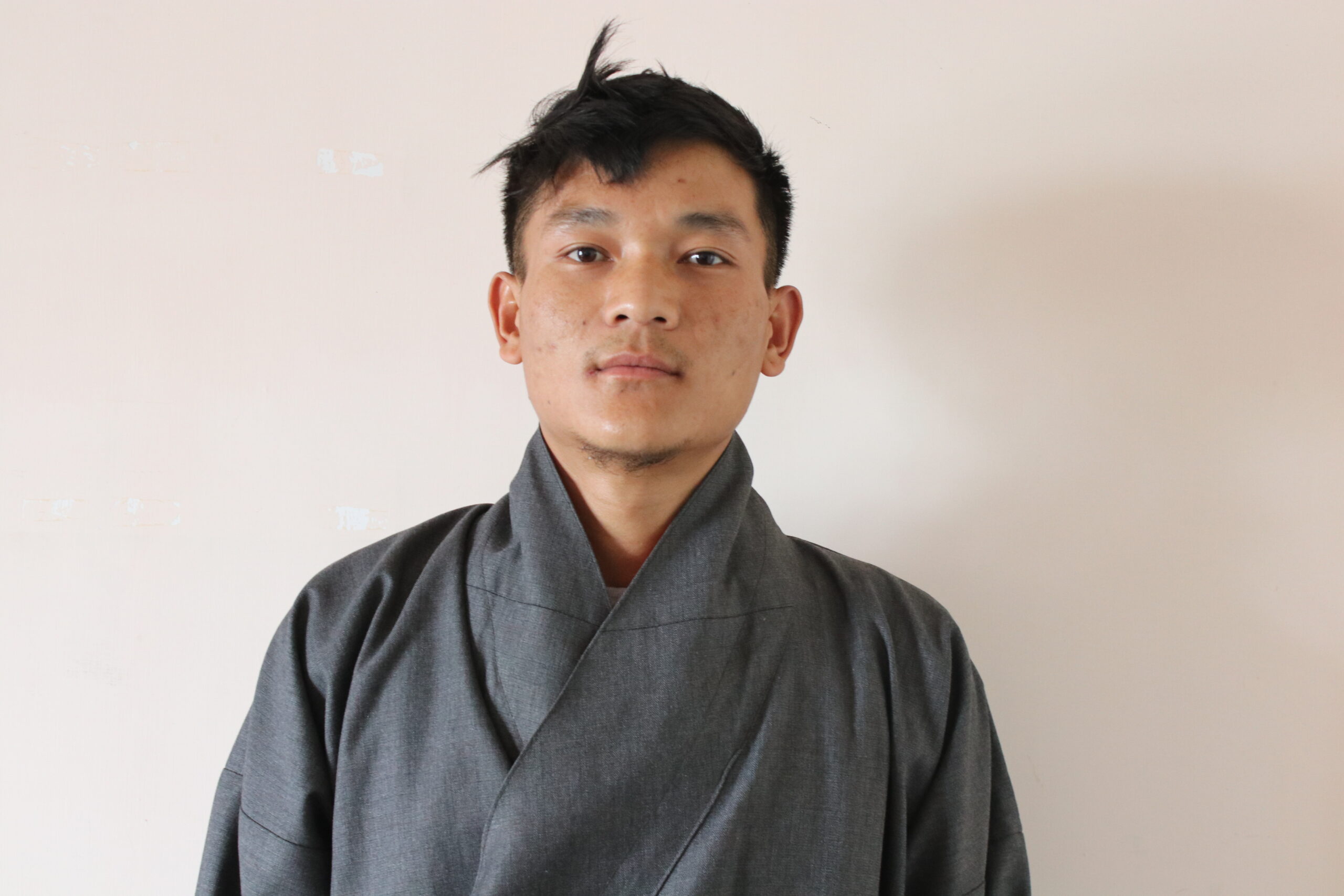
Contact us
- Dzongkhag Administration Mongar, Bhutan
- Post Box No: 43001
- Tel: 04-641185
- Email: ictcluster@mongar.gov.bt
